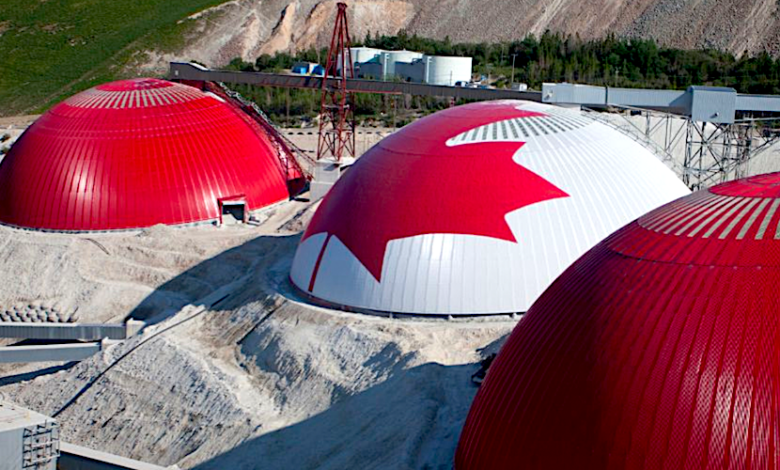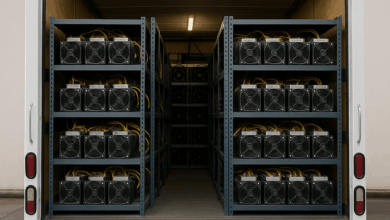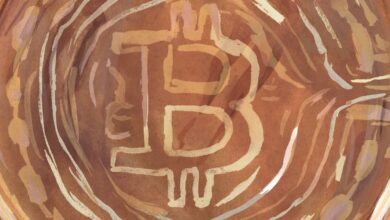China’s ban on the export of specialty minerals raises prospects for Canadian companies

Canadian companies working in these minerals include Teck Resources Ltd., Neo Performance Materials Inc. and Northern Graphite Corp. Other companies, including Nouveau Monde Graphite Inc., have projects in development to eventually produce such materials.
Neo Performance Materials is the only gallium producer in North America, and the Toronto-based company relies on recycling to recover the metal used in semiconductors and small electronics. The materials are recovered in a small facility run by 35 employees outside Canada’s most populous city, then shipped to manufacturers in the United States. The company said it has received more calls from customers since China announced the export ban.
“The growth and success of industries like the semiconductor industry in the United States will depend on having a supply of gallium to support them,” Rahim Soliman, the company’s CEO, said in an interview. “There aren’t a lot of companies doing this outside of China.”
Because China has exported these minerals cheaply for a long time, there are few facilities elsewhere in the world that process and extract them. And those who do, struggle to sell them at attractive prices.
Teck Resources Ltd., a minerals producer known for mining base metals, is one of the world’s largest producers of germanium, a byproduct of zinc ore processing. The metal is extracted in a smelter located in the western Canadian province of British Columbia, 20 miles from the US border.
“We are examining options and market support to increase germanium production capacity,” spokesman Dale Steves said in an email statement earlier this month.
Markets for these metals are small: The United States combined imported $48 million worth of germanium and gallium from global sources in 2022, according to the US Geological Survey. A quarter of its germanium stock and more than half of its gallium supply came from China. The United States also imported 42% of graphite from the Asian country.
While China’s ban may boost demand, President-elect Donald Trump’s threat to impose a 25% tariff on all goods coming from Canada may limit opportunities. However, Canadian producers hope they can circumvent such trade restrictions through an alternative source of materials that the United States relies on for military equipment, optical fibres, aerospace applications and medical procedures such as chemotherapy.
Canada also offers a solution for graphite, which is used in lithium-ion batteries and electric motors. The trade restrictions imposed by China come at a time when Syrah Resources Ltd. has been forced to… Australia has ordered the closure of one of the world’s largest graphite mines due to civil unrest in Mozambique. This could benefit Northern Graphite, which has North America’s only operating mine for such materials, in Quebec, although low graphite prices represent a heavy burden.
“The Chinese export ban and the force majeure situation Syrah faces in Mozambique show how fragile the graphite supply chain is in the West,” Hugues Jacquemin, Syrah’s CEO, said in an interview.
“We are hearing from customers who are concerned about continued supplies,” he said. “This concern has not yet translated into a willingness to pay the higher prices that we and the industry need to charge to cover our cost structure and to be able to invest to achieve new production.”
(Written by Jacob Lorenc)
Read more: US graphite miners ask Washington to impose 920% tariffs on Chinese competitors
https://www.mining.com/wp-content/uploads/2024/07/highland-valley-copper.png




